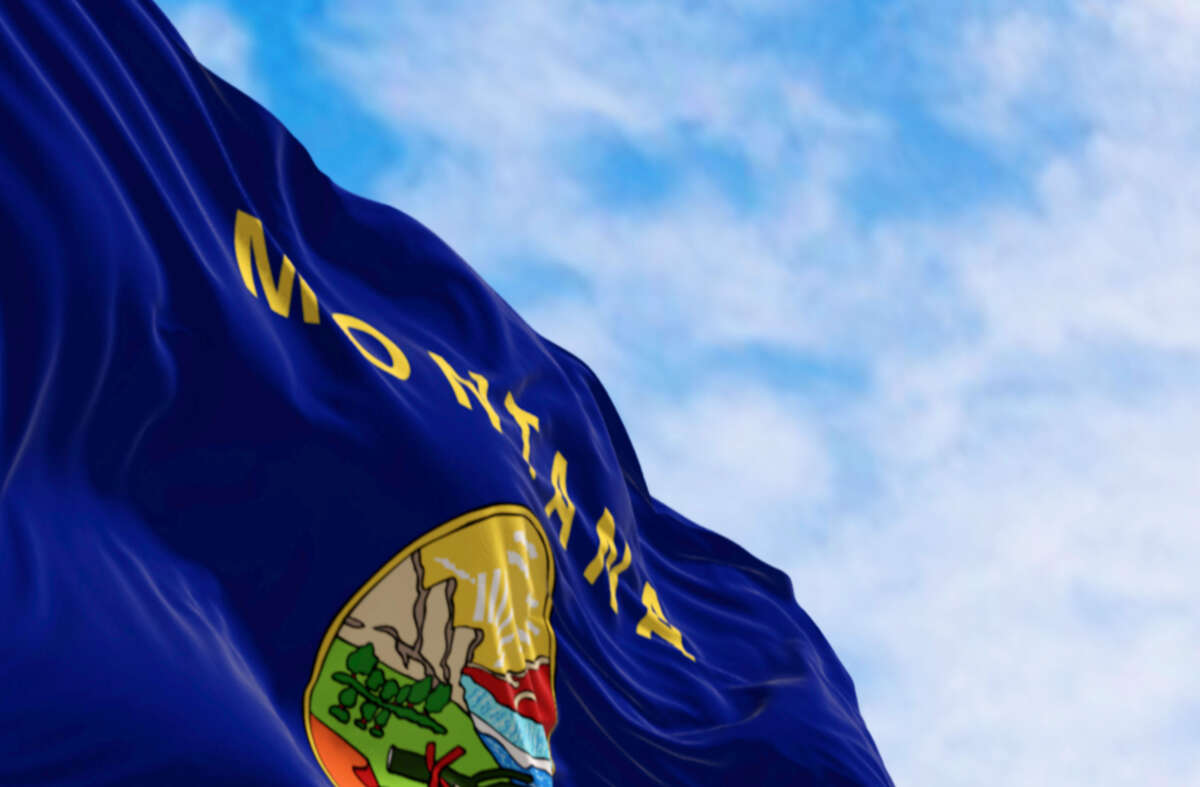Truthout is a vital news source and a living history of political struggle. If you think our work is valuable, support us with a donation of any size.
On Wednesday, the Montana State Supreme Court ruled to keep intact a lower court’s decision from last year, which found that a law banning state lawmakers from considering greenhouse gas emissions when permitting fossil fuel projects was unconstitutional.
The lower court ruling was made in late 2023, after 16 young petitioners sued the state on the grounds that a state law allowing such permits to be considered violated the Montana constitution’s provision on ensuring a “clean and healthy environment…for present and future generations.” Republican lawmakers sued to have that order rejected, and in July, the state Supreme Court heard oral arguments on the matter.
In a 6-1 decision, the court found that the original ruling was sound, and that the petitioners’ rights had been violated. Chief Justice Mike McGrath authored the opinion of the court, stating that the “right to a clean and healthful environment and environmental life support system includes a stable climate system.”
Notably, within the first trial in 2023, the state refused to present any climate science whatsoever in favor of keeping the Montana law in place.
Rikki Held, one of the young petitioners in the case, lauded the action from the state Supreme Court.
“This ruling is a victory not just for us, but for every young person whose future is threatened by climate change,” Held said.
Nate Bellinger, a lawyer with Our Children’s Trust, one of the organizations that represented the youth, also celebrated the case’s outcome. The ruling “affirmed the constitutional rights of youth to a safe and livable climate,” Bellinger said.
While the ruling is a huge win for young people and climate advocates, it does not require the state to take proactive steps to address the crisis, such as passing legislation to mitigate the effects of climate change. Still, the Montana Supreme Court’s decision means that the permitting process must take into consideration how a particular project may contribute to the rise in greenhouse gases, providing a mechanism for residents to sue if the state ignores the standard.
While its numbers have lessened somewhat over the past few years, Montana’s output of carbon emissions has more than doubled since 1970. Only 14 states in the U.S. have seen emission rates go down during that time frame, while the remaining 36 states have seen emissions numbers increase.
A terrifying moment. We appeal for your support.
In the last weeks, we have witnessed an authoritarian assault on communities in Minnesota and across the nation.
The need for truthful, grassroots reporting is urgent at this cataclysmic historical moment. Yet, Trump-aligned billionaires and other allies have taken over many legacy media outlets — the culmination of a decades-long campaign to place control of the narrative into the hands of the political right.
We refuse to let Trump’s blatant propaganda machine go unchecked. Untethered to corporate ownership or advertisers, Truthout remains fearless in our reporting and our determination to use journalism as a tool for justice.
But we need your help just to fund our basic expenses. Over 80 percent of Truthout’s funding comes from small individual donations from our community of readers, and over a third of our total budget is supported by recurring monthly donors.
Truthout has launched a fundraiser to add 432 new monthly donors in the next 7 days. Whether you can make a small monthly donation or a larger one-time gift, Truthout only works with your support.
